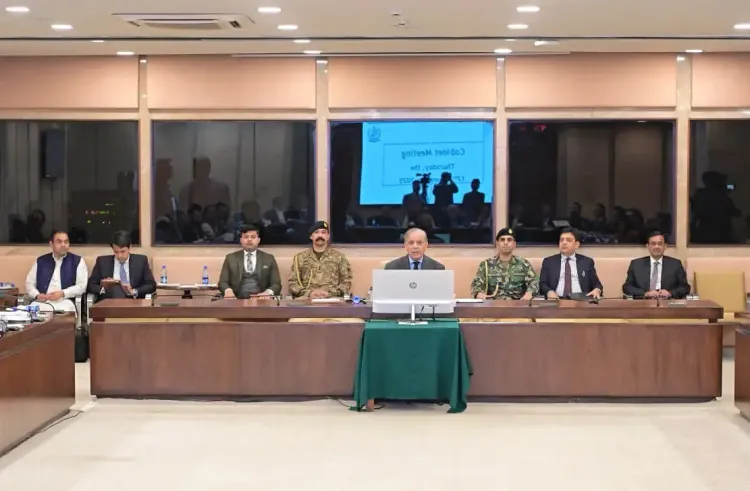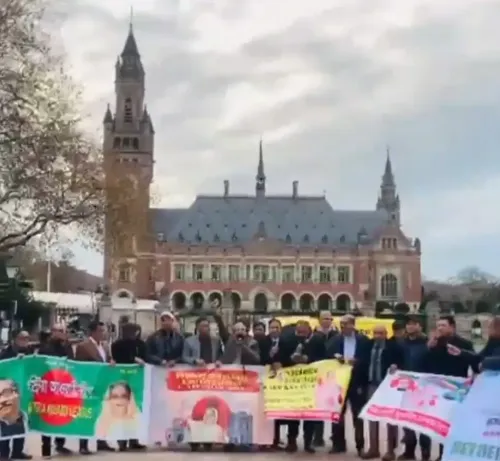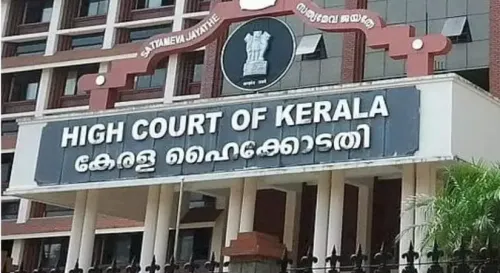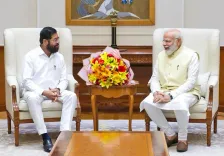Is Europe Choosing Silence Over Accountability Regarding Pakistan's Digital Repression?

Synopsis
Key Takeaways
- European nations must choose between silence and accountability regarding Pakistan's digital repression.
- The crackdown on digital freedom poses immediate and structural risks to civic life.
- Support for exiled journalists and civil society is crucial.
- Failure to act may undermine the credibility of democratic nations.
- Repression and censorship are part of a systematic strategy.
Islamabad, Nov 14 (NationPress) European nations and institutions find themselves at a pivotal moment regarding Pakistan's crackdown on digital liberties. They can either consider it a bilateral stability issue—addressed discreetly with trade, security partnerships, and migration incentives—or recognize it as a human rights crisis that necessitates visible diplomatic intervention, support for independent media, protection for exiles, and significant repercussions for rights-violating policies, as highlighted in a report released on Friday.
“When governments restrict internet access, prohibit critical platforms, and allow dissenters to disappear, the repercussions are both immediate and systemic: lives are endangered, civic engagement is diminished, and the civic record is distorted. Pakistan's recent move towards a harsher digital crackdown—where large segments of the population are intermittently disconnected from mobile broadband, social media platforms are censored, independent media outlets are silenced, and journalists face intimidation or abduction—should serve as a wake-up call for principled diplomacy from European capitals,” the UK-based media outlet Milli Chronicle noted in its report.
“Instead, we have witnessed a deliberate silence that uncovers uncomfortable realities about how human rights discourse is often sacrificed for geopolitical convenience. The trend is now familiar. The Pakistani state has made internet restrictions a common tool for political control: mobile internet is consistently suspended during protests, platforms such as X are blocked, and legislative measures are sought to expand surveillance and censorship powers,” it continued.
As per the report, if European policy is to be substantive rather than merely transactional, it must cease to regard Pakistan's digital oppression as an internal administrative matter and instead confront it as a human rights emergency.
This involves backing civil society legal defense funds, establishing safe relocation paths for at-risk journalists, applying conditions on technical assistance that could be misappropriated for surveillance, and coordinating public exposure of abusive practices.
The report underscored that the direction is unmistakable; if democratic nations hesitate to act now, they will forfeit their most credible leverage—the ability to demand that technologies, laws, and governance processes respect human rights.
“A final note: repression rarely announces its conclusion. Legal constraints become more rigid, media spaces contract, and the distinction between digital policy and political policing becomes indistinct. Abductions, shutdowns, and the censorship of constitutional discourse are not random occurrences,” it stated.
Furthermore, the report asserted that these repressive measures are part of a comprehensive strategy that views information as a security threat rather than a public asset. If European foreign policy genuinely values democracy beyond mere rhetoric and press freedom beyond superficial statements, it must cease to accept such practices as “acceptable collateral to geopolitical interests.”
“If Europe chooses to remain silent, it not only neglects the plight of Pakistanis under threat; it also conveys to other regimes that there are no repercussions for stifling digital spaces and making dissidents disappear. This lesson will resonate globally,” the report concluded.









